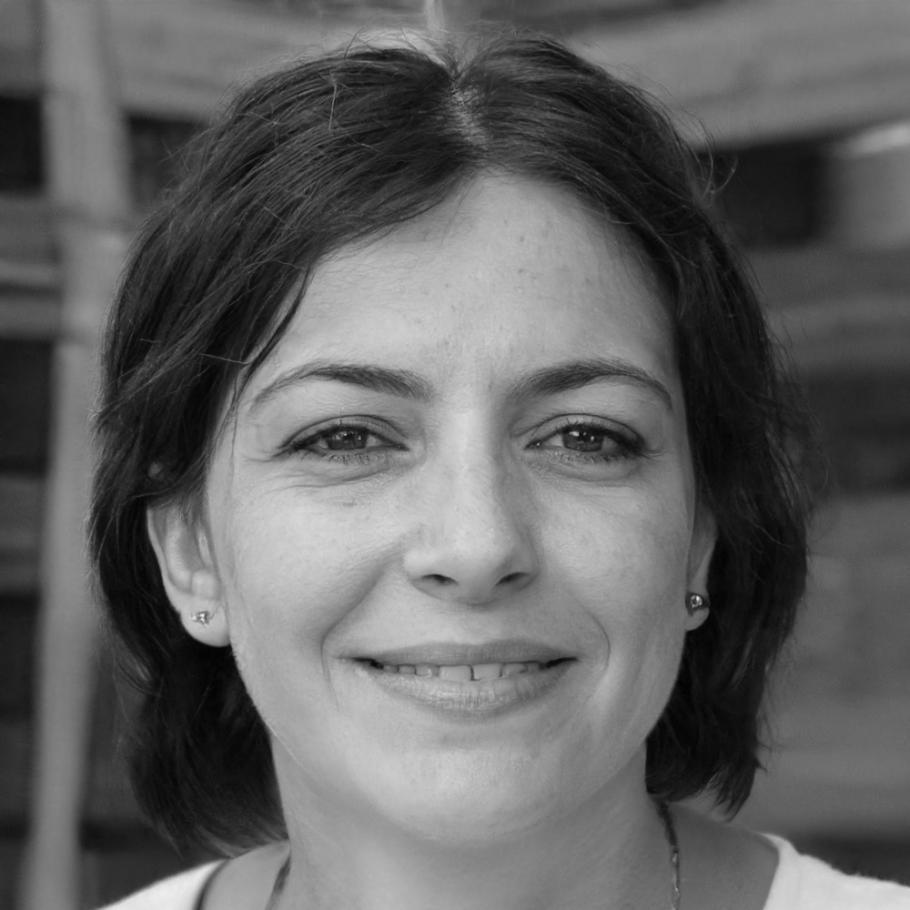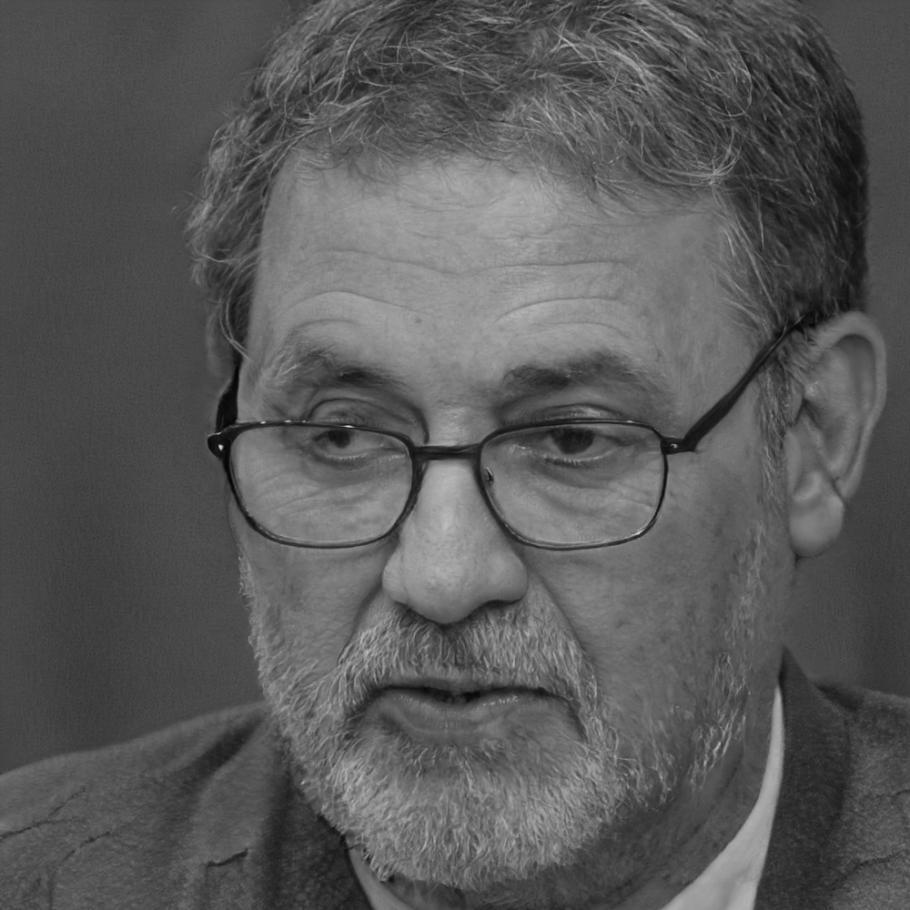Master Your Money Through Practical Learning
Our expense categorization program helps you understand where your money actually goes. You'll work with real transactions, not hypothetical examples. Starting September 2025, we're offering small group workshops that focus on building habits instead of just learning theory.
Register Interest
What Makes This Different
We've spent the past three years refining this program. It's not about giving you spreadsheets and hoping for the best. It's about changing how you think about everyday spending.
Your Real Data
Bring your actual bank statements. We'll categorize together using your spending patterns, not someone else's budget template. Most people discover patterns they never noticed before.
Small Groups Only
Eight people maximum per session. Everyone gets individual attention. We tried larger classes in 2024 and they didn't work—too many voices, not enough time to address specific situations.
Six Week Structure
We meet weekly for 90 minutes. Between sessions you'll practice categorizing and tracking. By week four, most participants have identified at least two areas where money disappears without them realizing it.
Subscription Creep
You know you're paying for Netflix and Spotify. But what about that fitness app you haven't opened in three months? Or the software trial that converted to paid? We'll find every recurring charge and help you decide what's actually worth keeping.
The "Miscellaneous" Category Problem
When 40% of your spending lands in "other" or "miscellaneous," that's not a budget—that's just giving up. We'll break down those transactions until you can see exactly where that money actually went. Usually it's split between four or five real categories.
Inconsistent Category Names
Is it "eating out," "restaurants," "dining," or "food—external"? When you're not consistent, your data becomes useless. We'll establish a personal system that works with how your brain actually thinks, not some accounting textbook's idea of proper categories.
Forgetting Cash Transactions
Digital tracking is easy. Cash just... disappears. We'll set up a simple routine that takes less than two minutes per day to capture cash spending. It's not about being perfect—it's about being good enough to see patterns.
Is This Program Right For You?
Honest answer: maybe not. Here's how to figure that out without wasting anyone's time.
Do you actually want to change?
This sounds obvious but it's not. Some people want the result without doing the work. If you're not willing to spend 20 minutes per week categorizing transactions, this won't help you. But if you're genuinely curious about where your money goes and ready to do something about it, keep reading.
What's your current tracking situation?
Can you commit to the schedule?
Sessions run Tuesday evenings, 7:00-8:30 PM. Six consecutive weeks starting October 14, 2025. If you'll miss more than one session, wait for the next cohort (starts February 2026). Catching up when you've missed content doesn't work well for anyone.

Questions About The Program?
Rhiannon coordinates our learning programs and can answer questions about schedule, cost, what to bring, and whether this is the right fit for your situation. She's also been through the program herself, so she knows exactly what to expect.
Get In Touch